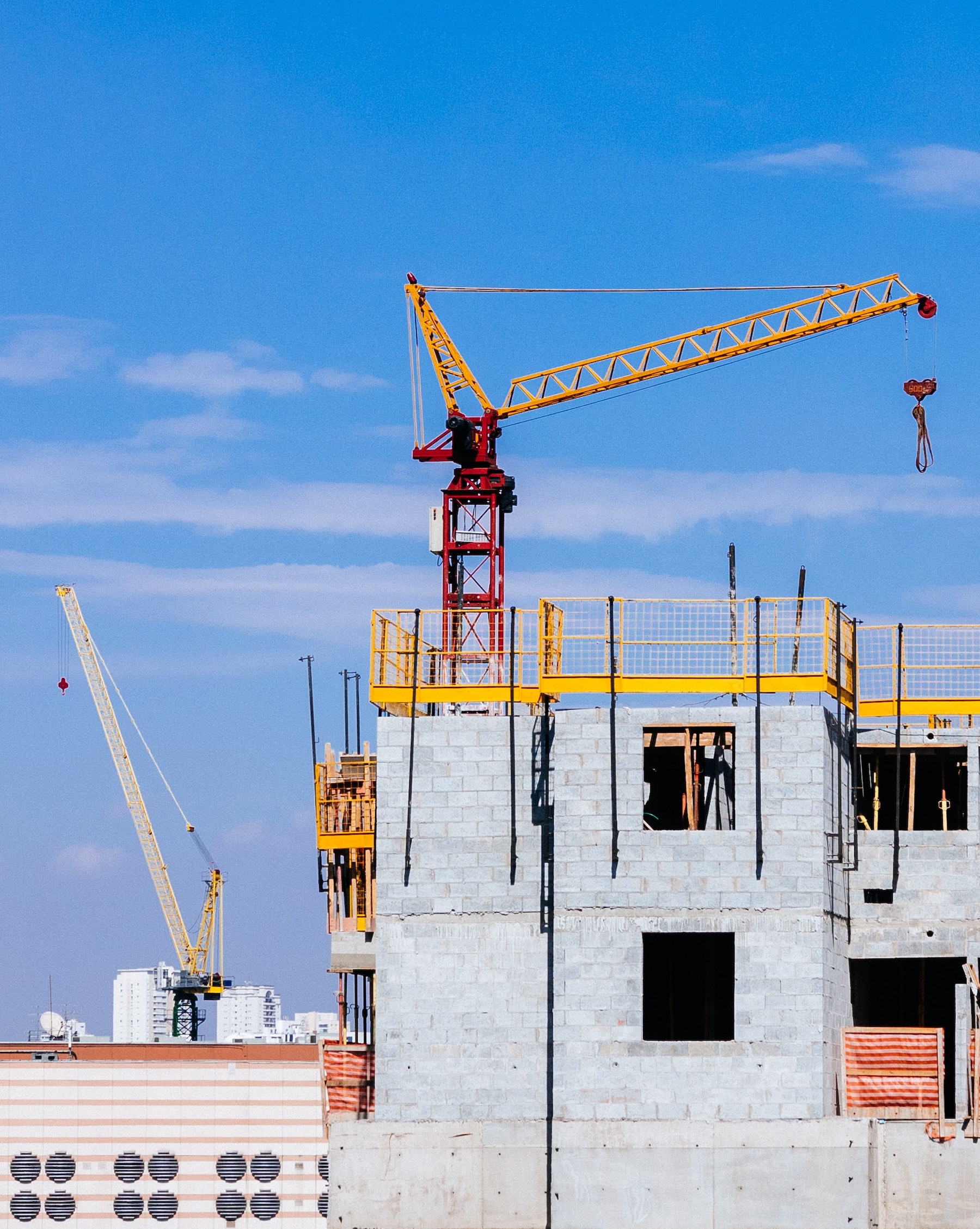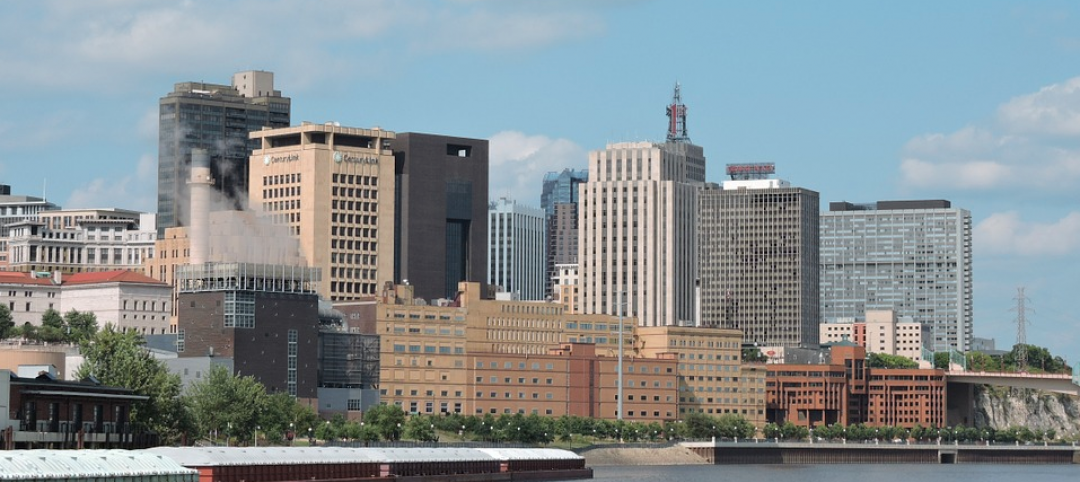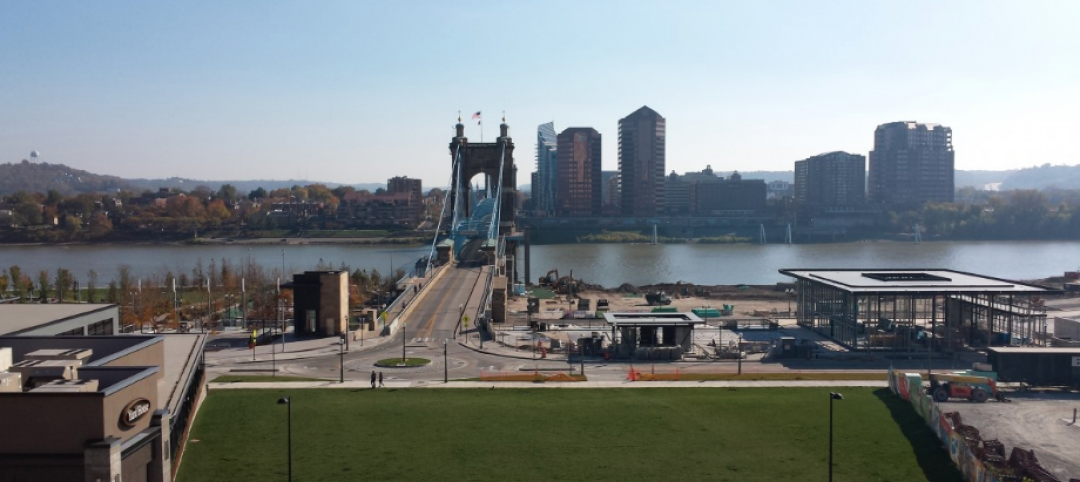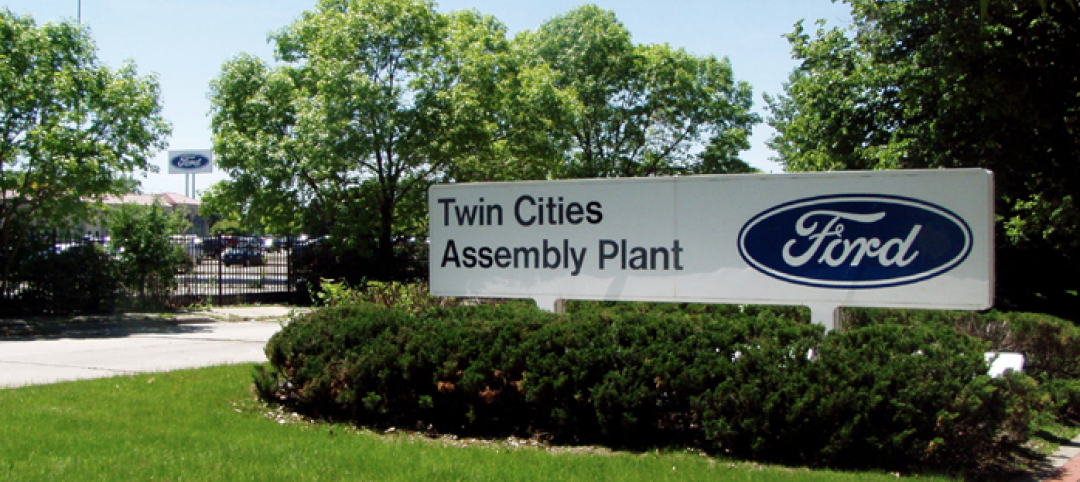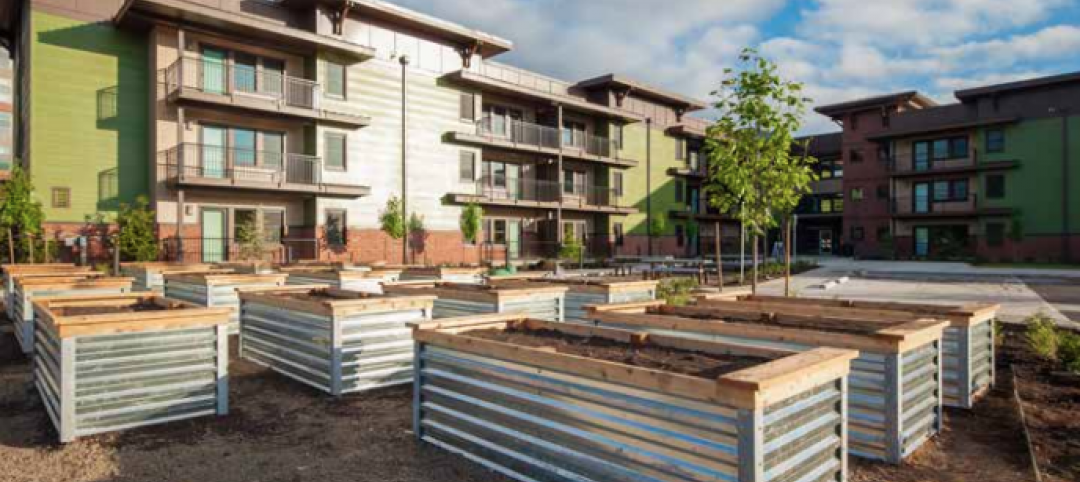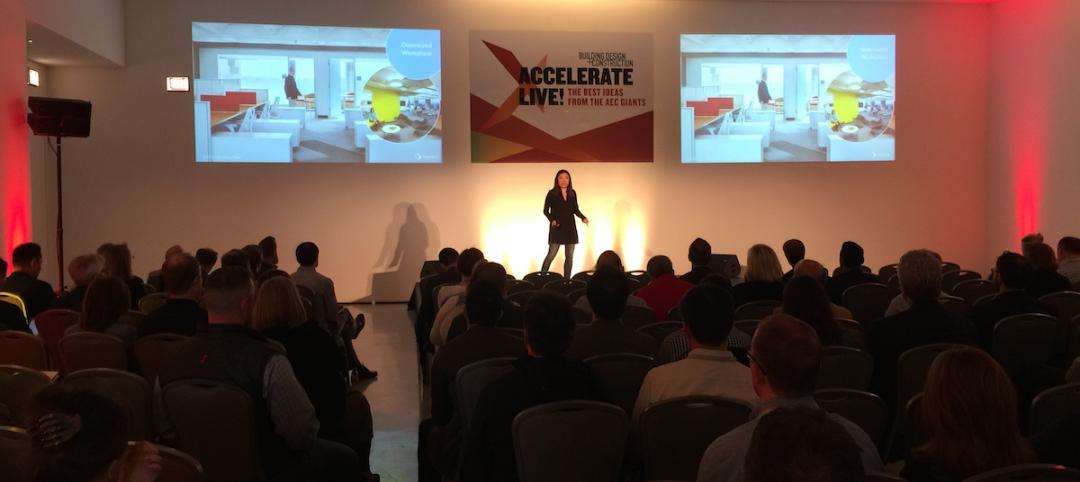California regulators voted unanimously recently on a series of measures that include a ban on the sale of natural gas-powered heating and hot water systems beginning in 2030.
If the decision goes forward, it would be the first time a state has banned fossil fuel heaters for existing buildings as well as for new construction. The California Air Resources Board (CARB), the agency that oversees the state’s climate targets and regulates pollution, passed the measure as part of a larger plan to cut greenhouse gas emissions and comply with federal air quality targets.
The ban is not a done deal, however, according to a CARB spokesperson. “The commitment the Board made in approving the State SIP (State Implementation Plan) Strategy was for California Air Resources Board staff to pursue each measure in the document and take it to the Board for consideration,” says Melanie J. Turner, CARB information officer. “CARB will need to hold workshops and look at the issues related to the space and water heater measure. If the concept is not feasible, CARB staff will present the information to the Board who could determine they will not pursue it.”
If the ban on fossil fuel heating does go into effect, homeowners in California would only be able to buy zero-emission furnaces or hot-water heaters. Regulators expect this would prompt a switch to heat pumps and heat pump water heaters.
The use of fossil fuels in homes accounts for about 10% of U.S. carbon emissions. Since 2019, several cities and states have either enacted fossil fuel hookup bans for new buildings or have considered such bans. California is the first jurisdiction to extend such bans to existing buildings.
A switch to heat pumps, a more efficient cooling appliance than commonly used air conditioning units, could cut peak energy demand during heat waves, reducing the risk of brownouts and blackouts. To help residents make the transition to heat pumps, California’s most recent budget includes $1.4 billion to decarbonize buildings. Most of that funding is targeted for low-income families.
Related Stories
Green | Aug 15, 2018
What if your neighborhood could make you healthier?
The WELL Community Standard equips planners to build health promotion into the very fabric of neighborhoods.
Green | Jul 26, 2018
St. Paul aims for zero carbon in all buildings by 2050
The city is working for better efficiency and sourcing green power to reach its goal.
Green | Jul 26, 2018
DOE releases updated version of Better Buildings Financing Navigator
Version 2.0 provides renewable energy financing options, sector-specific and location-specific financing resources, and a smart database of financing providers.
Green | Jul 24, 2018
Cincinnati’s green approach to sewer discharge expected to save $100 million
Environmentally strategy does have its limits, though.
Codes and Standards | Jul 17, 2018
NIMBYism, generational divide threaten plan for net-zero village in St. Paul, Minn.
The ambitious redevelopment proposal for a former Ford automotive plant creates tension.
Sponsored | Energy Efficiency | Jul 2, 2018
Going solar has never been easier
There is an efficient system for mounting solar panels to roofs and turning roof real estate into raw power.
Multifamily Housing | Jun 27, 2018
To take on climate change, go passive
If you haven’t looked seriously at “passive house” design and construction, you should.
Accelerate Live! | Jun 24, 2018
Watch all 19 Accelerate Live! talks on demand
BD+C’s second annual Accelerate Live! AEC innovation conference (May 10, 2018, Chicago) featured talks on AI for construction scheduling, regenerative design, the micro-buildings movement, post-occupancy evaluation, predictive visual data analytics, digital fabrication, and more. Take in all 19 talks on demand.
Office Buildings | Jun 15, 2018
Portland’s newest office buildings put nature on center stage
Hacker Architects designed the space for Portland’s Frontside District.
| Jun 11, 2018
Accelerate Live! talk: Regenerative design — When sustainability is not enough
In this 15-minute talk at BD+C’s Accelerate Live! conference (May 10, 2018, Chicago), HMC’s Eric Carbonnier poses the question: What if buildings could actually rejuvenate ecosystems?


